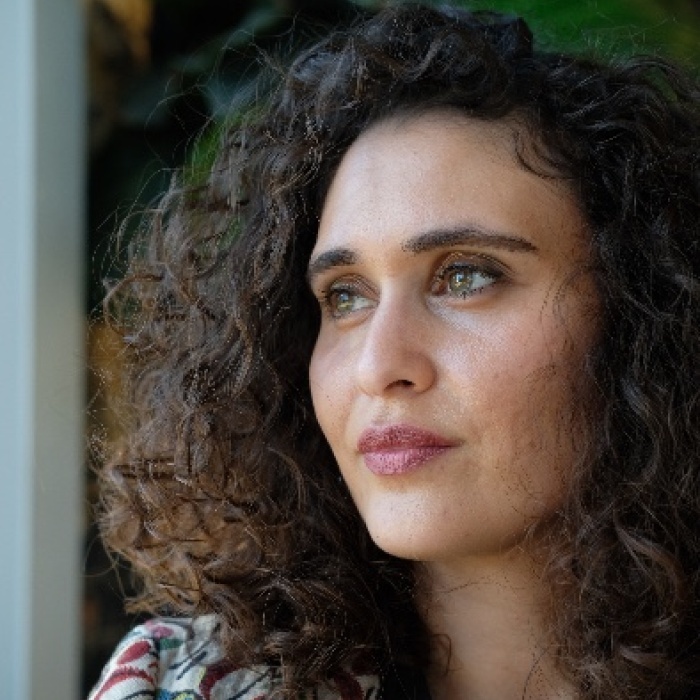Zahra Ali
Zahra Ali is a sociologist who researches dynamics of women and gender, race and class, social and political movements in relation to Islam(s), the Middle East, and contexts of war and conflict with a focus on contemporary Iraq. She is interested in (racial) capitalism, (post)coloniality, decolonial and transnational feminisms as well as critical knowledge production and epistemologies, especially in relation to global and public sociology. Ali works and writes in English, French and Arabic and is involved in feminist and critical knowledge production projects with activists and scholars from/in the Middle East and beyond. Ali is currently working on a new book, Up-Rising / انتِ– فاضة and the Political Imagination, that shifts the dominant lens of social theory in analyzing mass protests away from a binary approach of power/resistance by looking at ‘the political’ from the point of view of life, space, violence, and emancipation. The book considers the recent uprising in Iraq as a framework to understand how power works in the contemporary capitalist world. It relies on in-depth ethnographic research and field observations in the locus of protests in Iraq and provides a unique analysis placing protesters’ experiences at the center of theorization. Her book Women and Gender in Iraq (Cambridge University Press, 2018; also translated into Arabic and French), is a sociology of Iraqi women’s social and political activism and feminisms through an in-depth ethnography of post-invasion Iraqi women’s rights organizations and a detailed research of women’s social, economic, and political experiences since the formation of the Iraqi state. Through a transnational/postcolonial feminist approach, Ali looks at the ways in which gender norms and practices and Iraqi feminist discourses and activisms are shaped through state politics, competing nationalisms, religious, tribal and sectarian dynamics, as well as wars and economic sanctions.

Events
Conversation
Zahra Ali and “Uprisings and Women’s Movement In Today’s Iraq”
